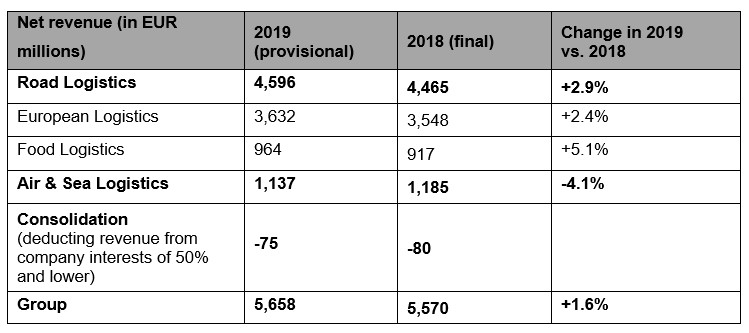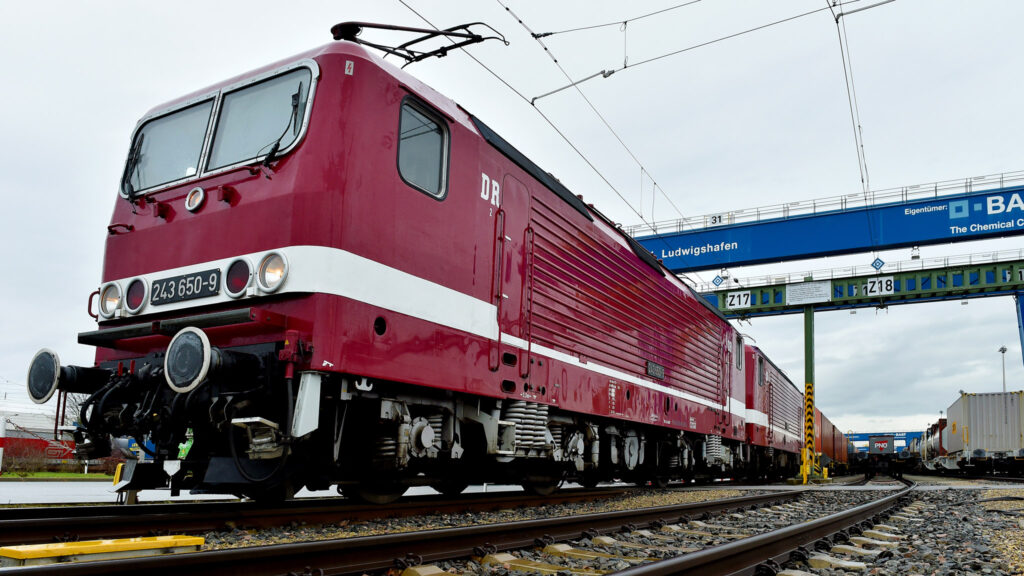As consumer demand and manufacturing production slows in many parts of the world, cargo, either in containers or stripped from transport units, is building up in warehouses, port terminals and inland depots. International freight and logistics insurer, TT Club warns of the additional risk this is bringing operators.
The current pandemic has disrupted global supply chains in a wide variety of ways. In particular, the lag in its effects between the large-scale sourcing regions of China and other parts of Asia and the consuming markets of Europe and North America has caused significant build-ups of goods produced in the former regions but not now required in the later.
Such accumulations include cargo in containers at both transhipment and destination port terminals, as well as import consignments that have been delivered to warehouses and distribution centres (DC). These are primarily non-essential products, for which there is little demand as retail outlets are closed or supplies for production lines that are either static or at reduced capacity.
In the UK for instance, the latest estimates are that 90% of the country’s warehouse capacity is full, with the UK Warehousing Association (UKWA) forecasting no available space by two weeks’ time. One high-street fashion retailer has reportedly leased 40% more storage than it would have under normal circumstances.
“Security is clearly the most dominant of the risk issues as operators seek alternative storage,” comments Michael Yarwood, Managing Director Loss Prevention at TT Club. “Whether it’s taking up buildings not usually used for storage or laden vehicles parked adjacent to a full warehouse, or simply facilities unfamiliar to the operator, the security regime may not be of a similar standard. This concern is not just limited to fencing, lighting, security patrols and CCTV, but also communication with hauliers delivering cargo to the unfamiliar premises. There is also the constant danger of vehicles being diverted into the hands of criminals; so-called round the corner theft,” emphasises Yarwood.
The physical characteristics of a temporary facility may also be unsuitable in a range of ways, such as weather-tightness, phytosanitary issues, uneven hard standing. Further, consideration needs to be given to the nature of the cargo and the capability to handle and store hazardous materials and specialised commodities correctly (such as high value or temperature controlled). These factors may also extend to inappropriate or substandard handling equipment and the requirement to subcontract labour and security personnel from previously unknown sources. Where possible, established standards should be maintained, including undertaking full due diligence.
Yarwood also draws attention to the importance of maintaining records and an efficient documentation flow. “In a situation where goods and cargo units are located in unusual facilities, perhaps off-site at some distance, it is vital for accurate records of movements, storage times and potential drawdown requirements to be preserved.”
Such bottlenecks in the supply chain through the lack of demand for goods may be temporary as diminishing orders start to affect the flow through. However, one of the knock-on effects currently being experienced is that some port terminal operators, along with their ocean carrier customers, are attempting to help importers by delaying delivery and/or providing temporary storage for containers.
A recent survey by the International Association of Ports & Harbors (IAPH) shows a mixed picture at ports around the world. “35% of ports reported an increase in utilisation of warehousing and distribution facilities for foodstuffs and medical supplies, with some ports reporting capacity shortages,” the analysis shows.
Peregrine Storrs-Fox, TT Club’s Risk Management Director, commented, “There will be regional variations within these trends of course. As inbound congestion on terminals rises, we are seeing some European ports offering off-terminal storage for undelivered import containers. In the current extraordinary environment, all involved in the supply chain should be taking extra steps to assist in finding solutions. Care must be taken however to ensure that in providing such a facility, operators do not expose themselves to additional liability and risk.”
Many of the potential risks and liabilities that apply to warehouse and DC operators will face a terminal or carrier in placing undelivered containers in temporary storage locations. In addition, container and cargo damage potential could be heightened in facilities unaccustomed to handling full containers. There is a heightened risk of phytosanitary issues where off-terminal storage locations may have less permanent surfaces or increased exposure to vegetation and pest ingress, particularly if the storage is long-term. The dwell time of such containers may also become an issue if the cargo is eventually abandoned as the goods become ‘off-season’ or the importer ceases to trade. The question of traceability then becomes a more critical issue.
TT Club remains vigilant in its care for its Members’ concerns and will continue with risk management and loss prevention advice to the freight and logistics industry during the current crisis. A dedicated Coronavirus Guidance page is available HERE
ENDS
About TT Club
TT Club is the established market-leading independent provider of mutual insurance and related risk management services to the international transport and logistics industry. TT Club’s primary objective is to help make the industry safer and more secure. Founded in 1968, the Club has more than 1100 Members, spanning container owners and operators, ports and terminals, and logistics companies, working across maritime, road, rail, and air. TT Club is renowned for its high-quality service, in-depth industry knowledge and enduring Member loyalty. It retains more than 93% of its Members with a third of its entire membership having chosen to insure with the Club for 20 years or more.








